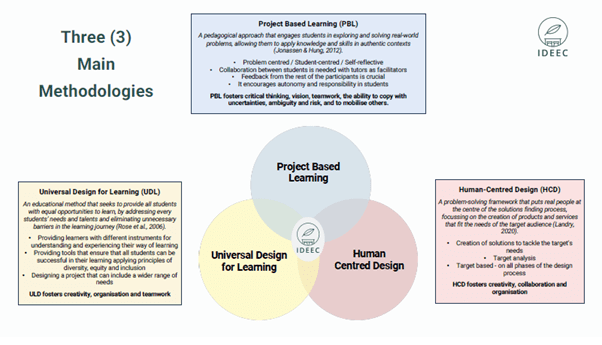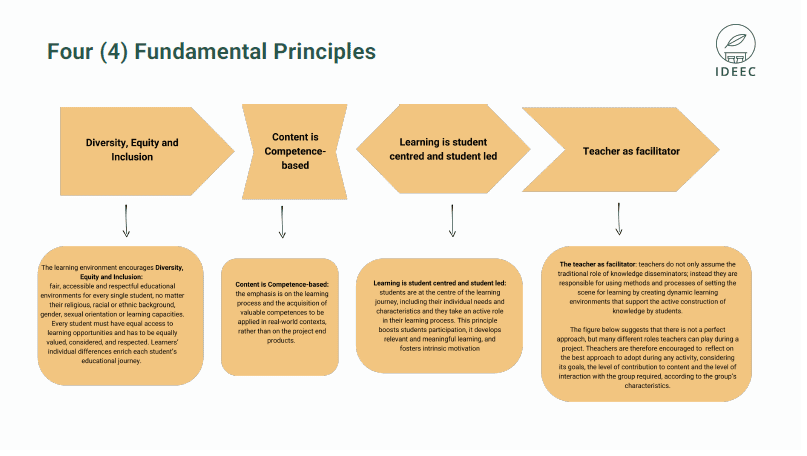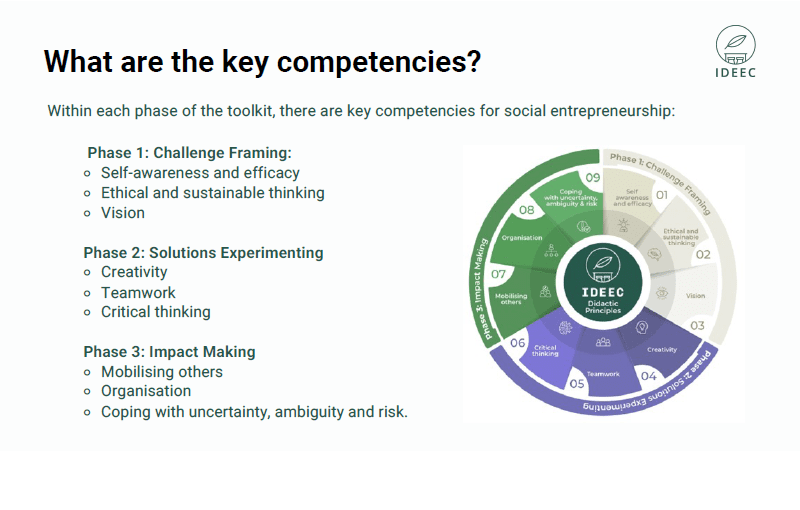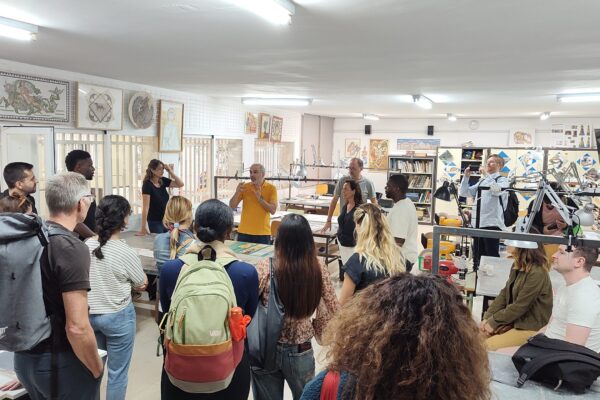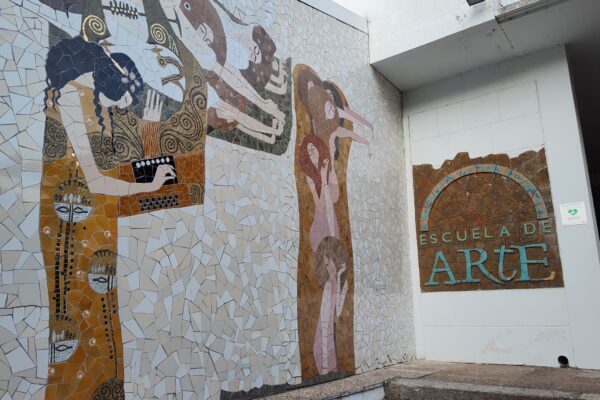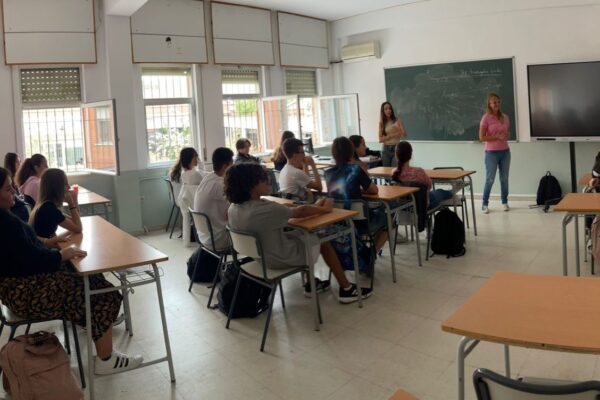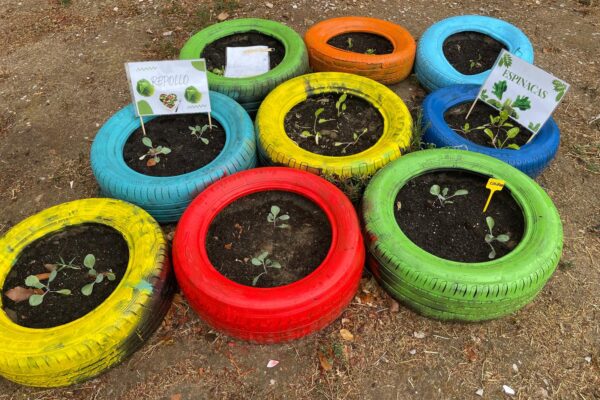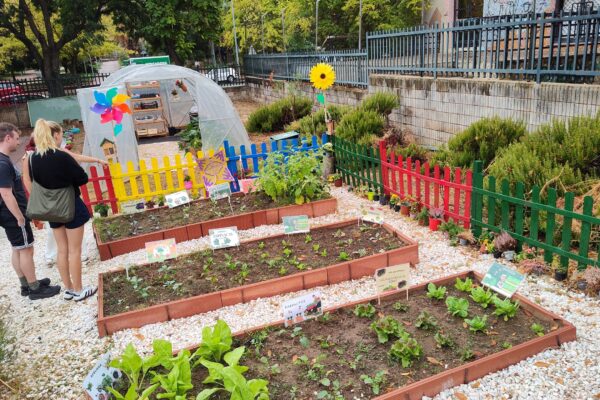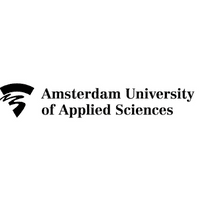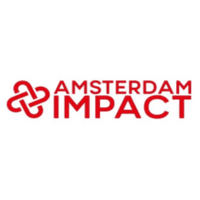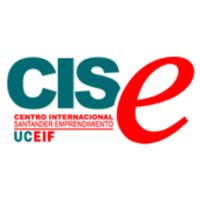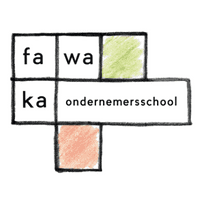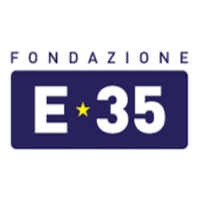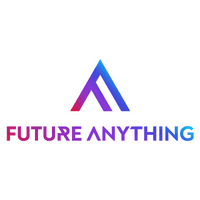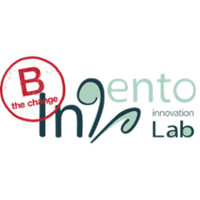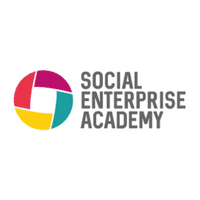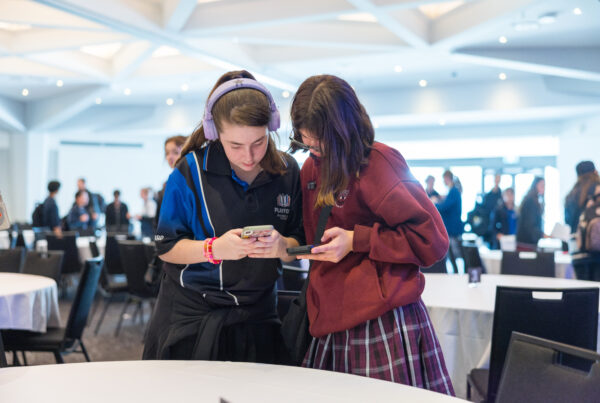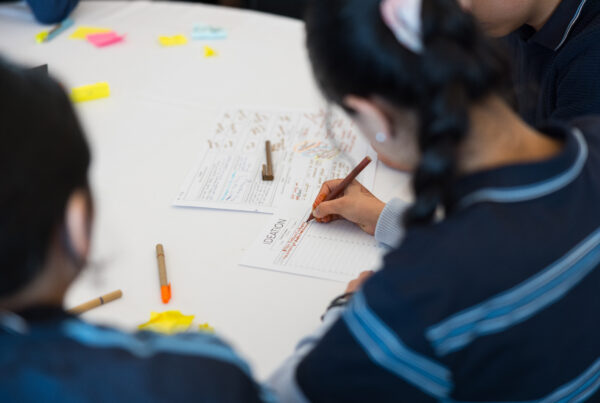
International Collaboration. Global Impact.
by Dan Dempsey, Program Director (Professional Learning), Future Anything
In September 2024, Dan jetted off to Spain to participate in a week of workshops as part of the Impact-Driven Entrepreneurship Education for Children (IDEEC) project. In this blog, he shares an update on the progress of this EU-funded project, together with some of the highlights of his trip.
“What business entrepreneurs are to the economy, social entrepreneurs are to social change. They are the driven, creative individuals who question the status quo, exploit new opportunities, refuse to give up, and remake the world for the better.” David Bornstein
Meeting face to face in Merida, Spain
Recently, in an exciting turn of events, my work with Future Anything took me to the heart of Spain for a week of face to face workshops (yes, in the flesh…without Zoom!) for the IDEEC Project (Impact Driven Entrepreneurship Education for Children).
This was the latest instalment in an international project involving Future Anything and partner stakeholders from 5 different countries:
- Fawaka Ondernemersschool (Netherlands)
- Amsterdam Impact (Netherlands)
- Junta de Extremadura (Spain)
- Centro Internacional Santander Emprendimiento (CISE) (Spain)
- Invento Innovation Lab (Italy)
- Fondazione E35 (Italy)
- Social Enterprise Academy (UK)

I’ve been privileged to build on the outstanding work that has come before me in the collaboration of an internationally developed entrepreneurial education activity toolkit.
For the story to date, check out our Founder & CEO Nicole Dyson’s blogs from earlier stages of the project, Twice Upon a Time in Amsterdam and A Whirlwind of Inspiration, Discussion and Collaboration.
Varied culture, aligned mindset
Stepping foot into the World Heritage City of Merida (3 hours south of Madrid), founded by the Romans in 25 BC, I couldn’t help but feel I was in another world.
And yet, importantly, our work, goals, intent and mindset couldn’t be more aligned and I couldn’t help but think about the global impact of the work being done. We are developing an activity toolkit that will empower schools around the world to implement impact-driven entrepreneurship education and build effective programs that empower children aged 9-15 to develop entrepreneurial solutions for environmental and social challenges.
You can check out the IDEEC website here.

The research base, phases and key competencies
Sitting behind the toolkit are key didactic principles and the foundations of three main methodologies and 4 fundamental principles.
At the intersection of Project Based Learning (PBL), Universal Design for Learning (UDL) and Human-Centred Design (HCD), the toolkit aims to provide equal opportunities to all students and engage young people in exploring and solving real-world problems, with a framework that places people’s key needs at the centre.
In this way, the fundamental principles can shine through to support diversity and inclusion, a competency focus, student centred learning and the teacher as facilitator.
With this research base as the foundation, the activity toolkit is developed with a three phase approach to facilitating an entrepreneurial journey from problem (challenge) to solution to impact, while also providing critical opportunities for students to build their skills and capabilities through nine key competencies:
Inspiration all around!
Needless to say, it wasn’t hard to be inspired by the local culture, schools and community. All around us was evidence of impact-driven programs, embedded into community in a way that was so real and authentic, many of the participants weren’t aware of how impressive it was.
Like the students at a local art school (catering for ages from 15 – 60) using their studies in the subjects of visual art, mosaics and interior and landscape design to re-purpose unused, abandoned buildings, as well as re-create ancient Roman artwork.
This was no exception, it was the norm.
Where are we now?
Throughout the week in Spain, the team worked hard to achieve progress on a number of key outcomes, including:
- Refinement of the activity toolkit
- Train the Trainer workshops
- Development and testing of impact measurement tools
- Policy documentation
- School visits
- Stakeholder collaboration and sharing
- Experience of local culture and context
In particular, the opportunity for members of the team to deliver an activity to students at a local secondary school, for the purpose of testing the impact measurement tools, was a real highlight.
Seeing the work in action and using the feedback, data and results from talking with students, teachers and school leaders to refine and improve our direction was both motivating and satisfying.
Or the local school that was seven years into a garden project such as this that involved all collaboration from all aspects of community, from growing, harvesting and selling fruits and vegetables, to using plants and aromatics in cooking and home-made products such as soaps and heat packs, to using the latest research to innovate and expand on cultivation and growing techniques.
What’s next for our international collaboration?
As we get closer to an exciting launch and dissemination event in Scotland next June, our attention moves more formally into a testing and evaluation phase. All stakeholders will begin to test the toolkit within their own local and national settings, with the aim to finalise the toolkit over the coming months.
We can’t wait to see the toolkit in action.
For now, though, I feel grateful for the opportunity to learn with and from my international colleagues. I feel proud to have added value to this important project, as well as learned from the diverse skills and experiences of the IDEEC Team.
I left Spain with a sense of achievement, pride and an excitement for the future. In particular, I look forward to the opportunities this work will provide students around the world to be impact driven and bend the future, one idea at a time.
The IDEEC research project is funded by the European Erasmus+ grant program and runs until September 2025. Read more here.

About the author: Dan Dempsey
Dan Dempsey is a highly experienced educator, forging a successful 20-year career in education and school leadership in both Australia and the United Kingdom, notably through a range of Principal and Deputy Principal roles across varied primary school contexts.
With a passion for building the capacity of schools, teams and systems to embed effective and innovative teaching, learning and assessment, Dan has developed significant experience providing professional learning, coaching and mentoring to teachers and leaders. Dan has a deep understanding of curriculum and pedagogy, with experience implementing and leading STEM initiatives, Project-Based Learning, inquiry and design thinking.
At Future Anything, Dan uses his extensive experience to provide targeted and bespoke support to empower schools, as well as facilitate the suite of teacher professional development programs, with the aim of providing educators the knowledge and skills to embed future-focussed learning experiences.
Future Anything offers a portfolio of student workshops, teacher professional development and in-curriculum project-based learning experiences that are building enterprising classrooms in Australia and beyond.
Find out more about our programs here.



